Introduction:
Owning a car is a significant investment, and ensuring its longevity requires consistent and proper maintenance. A well-maintained vehicle not only performs better but also retains its value over time.

In this ultimate guide, we’ll explore essential tips and practices to keep your car running smoothly for the long term.

Regular Oil Changes: The lifeblood of your car’s engine is its oil. Regular oil changes, typically every 3,000 to 5,000 miles, are crucial for lubricating engine components and preventing excessive wear. Consult your vehicle’s manual for the manufacturer’s recommended oil change intervals.
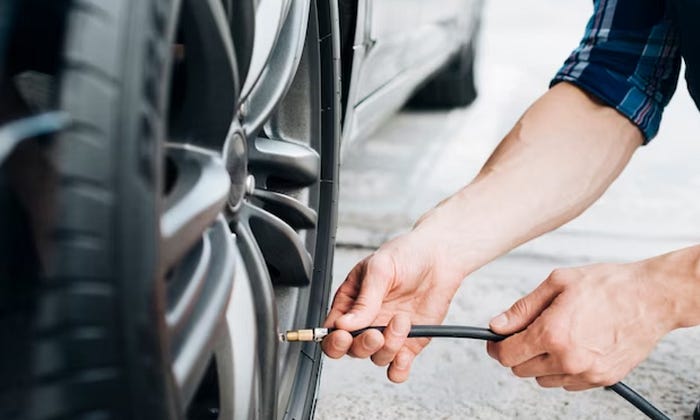
Tire Care: Proper tire maintenance is vital for safety and fuel efficiency. Check tire pressure regularly, rotate your tires according to your vehicle’s recommended schedule, and ensure proper wheel alignment. Also, be mindful of tread wear and replace tires when necessary.
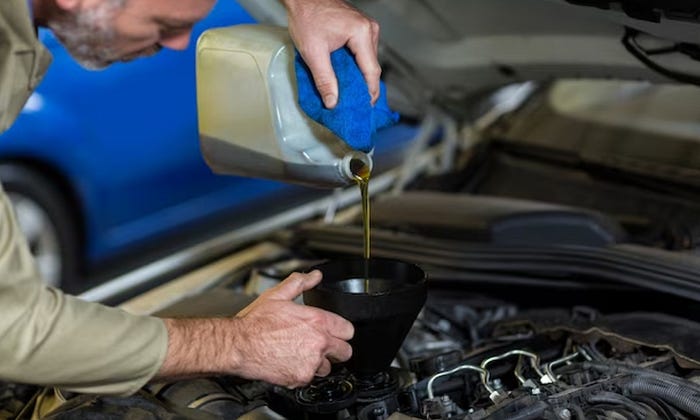
Fluid Levels: Your car relies on various fluids, including coolant, brake fluid, transmission fluid, and power steering fluid. Regularly check and top up these fluids to prevent damage to vital components. Keep an eye out for any leaks, and address them promptly.
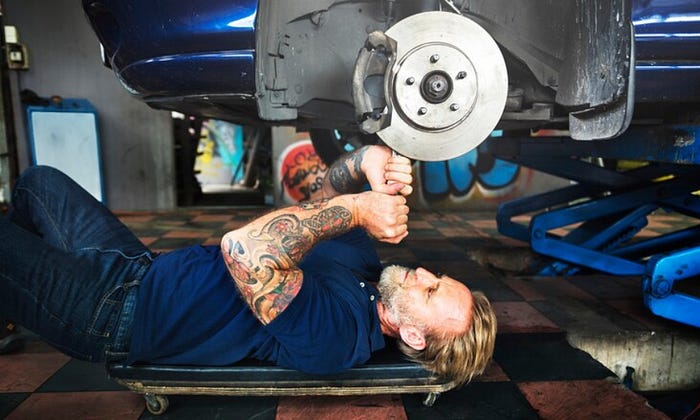
Brake System Maintenance: Your vehicle’s braking system is critical for safety. Inspect brake pads and rotors regularly and replace them as needed. If you notice any unusual noises or reduced braking performance, seek professional assistance immediately.
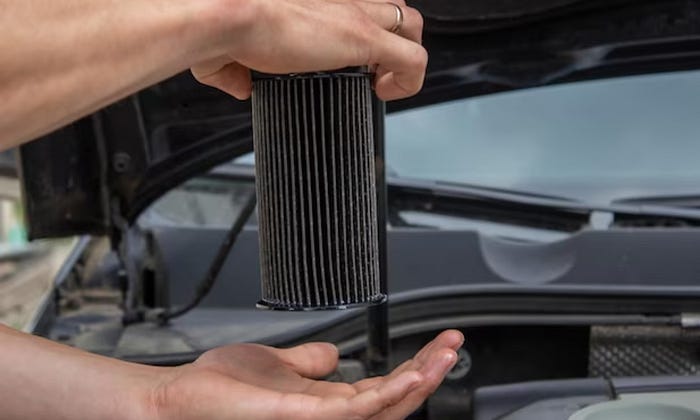
Air Filter Replacement: A clean air filter is essential for optimal engine performance and fuel efficiency. Check and replace the air filter as recommended by your car’s manual or if you notice reduced acceleration or increased fuel consumption.
Battery Care: A well-maintained battery ensures your car starts reliably. Clean the battery terminals regularly, and if your battery is more than three years old, consider having it tested and possibly replaced. Extreme temperatures can impact battery life, so be especially vigilant during hot or cold seasons.
Regular Inspections: Conduct regular visual inspections of your vehicle. Look for signs of wear and tear, such as cracked belts, rust, or fluid leaks. Address any issues promptly to prevent them from escalating into more significant problems.
Scheduled Maintenance: Follow your car’s recommended maintenance schedule outlined in the owner’s manual. This includes services such as tune-ups, belt replacements, and other manufacturer-recommended procedures. Adhering to this schedule can significantly extend your vehicle’s lifespan.
Drive Responsibly: Your driving habits can impact your car’s longevity. Avoid aggressive driving, sudden stops, and excessive speeding. Gradual acceleration and deceleration can reduce wear and tear on your engine, transmission, and brakes.
Protect Your Exterior: Regularly wash and wax your car to protect its paint and finish from the elements. Address any scratches or dents promptly to prevent rusting. Additionally, consider parking in shaded areas to minimize sun exposure.
Cooling System Maintenance: The cooling system is crucial for preventing your engine from overheating. Regularly check the coolant level and quality, and flush the system as recommended by your car’s manual. Inspect hoses and the radiator for leaks or damage.
Transmission Care: The transmission is a complex component that requires proper care. Follow the manufacturer’s guidelines for transmission fluid changes, and if you notice any slipping, rough shifting, or unusual noises, have your transmission inspected promptly.
Steering and Suspension: A smooth ride is dependent on a well-maintained steering and suspension system. Check for signs of uneven tire wear, vibrations, or unusual noises while turning. Addressing issues with these components promptly can prevent further damage.
Electrical System Check: Ensure all electrical components, including lights, signals, and power accessories, are functioning correctly. Replace faulty bulbs promptly, and if you experience electrical issues, have them diagnosed by a professional to prevent potential system failures.
Fuel System Maintenance: Keep your fuel system clean by using quality fuel and adding fuel system cleaner periodically. If you notice decreased fuel efficiency or engine performance, consider having the fuel injectors and fuel filter inspected and cleaned or replaced.
Exhaust System Inspection: A properly functioning exhaust system is essential for emissions control and overall engine performance. Inspect the system for leaks, rust, or unusual noises. Addressing exhaust issues promptly can prevent carbon monoxide leaks and maintain your vehicle’s environmental compliance.
Check and Adjust Wheel Alignment: Proper wheel alignment ensures optimal tire wear and handling. If you notice your car pulling to one side or experience uneven tire wear, have the wheel alignment checked and adjusted by a professional.
Use High-Quality Fuel: Using the recommended fuel grade for your vehicle can positively impact its performance and fuel efficiency. Higher-quality fuel often contains additional detergents that help keep fuel injectors and valves clean.
Protect Interior Components: Regularly clean and protect your car’s interior components, such as the dashboard, seats, and steering wheel. UV rays and neglect can lead to fading, cracking, and wear. Using sunshades and applying interior protectants can help maintain a pristine interior.
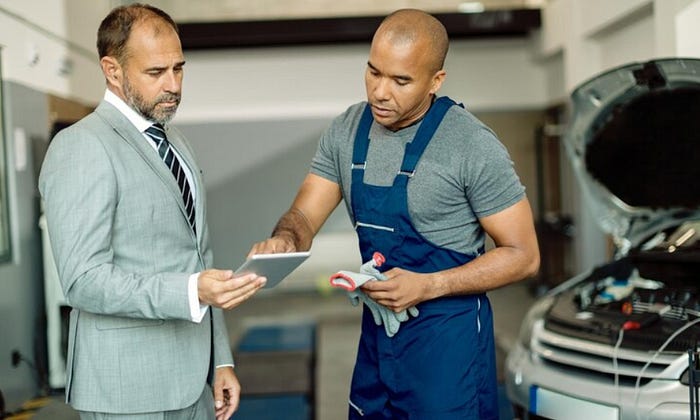
Conclusion
Proper car maintenance is not only about preserving its appearance but also about ensuring its reliable performance and longevity. By following these tips and staying proactive in addressing issues, you can enjoy a smooth and trouble-free driving experience for many years to come. Remember, a well-maintained car is a happy car!
Thanks for giving your valuable time to read this blog, In case you are living in Dubai and you are looking for a trusted car battery change dubai to your car, we would like to suggest you Service My Car, the best and trusted car battery change in Dubai.












